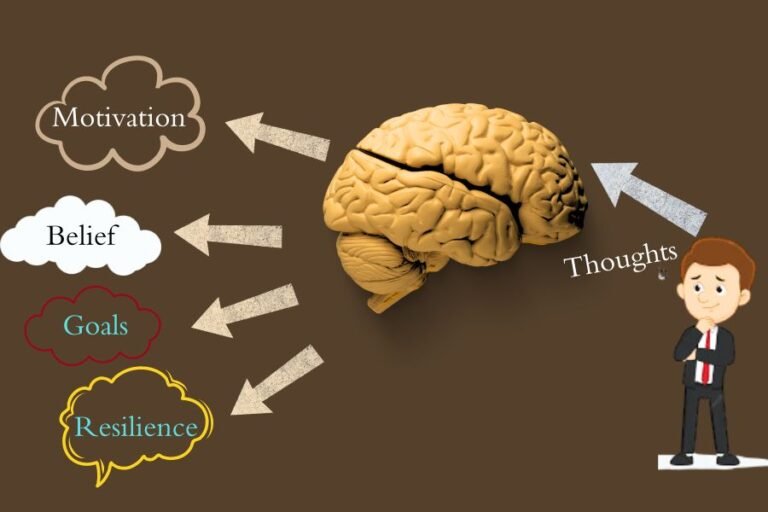How To Be Never Disappointed

Disappointment depict that one is emotionally weak also it is the root of many ills i.e., anxiety, depression and other mental disorders. It is a feeling of loss that is experienced when one fails to meet expectations. It breaks us from inside and limits our capacities and capability. Once we feel disappointed, we restrict ourselves to pursue our passions, even routine activities became difficult. The major cause of disappointment is our mounting expectations and unlimited desires. When we expect greatly, we disappoint greatly.
To be never disappointed we must develop techniques and logical reasoning. William James once said that “the great weapon against stress is our ability to choose one thought over another” the similar mindset can be adopted to channel feelings of disappointment which is in many cases the cause of depression itself. Further, there are the following ways and instances to measure and curb disappointment.
The major cause of disappointment is our mounting expectations and unlimited desires. “When we expect greatly, we disappoint greatly.“
1. Differentiate whether our life events are in our control or out of control
To never be disappointed in life we must first divide life events in two categories i.e. things that are in our control and things that are never in our control. To understand, take the example of an archer who is aiming to hit a target. Practicing the art of archery, choosing the best bow and arrow and focusing until the very last moment you release the arrow are all things in your control. As soon as you release the arrow, everything that happens afterwards is out of your control. A dust or wind could ruin your target. Your target itself might move if it was an enemy soldier. Hence, hitting the target is not entirely in your control, so if you miss do not repent. But be sure if your practiced really hard and choose the best equipment.
2. Do not set too high or too low goal
To never be disappointed one must never set too high or too low goals. Some people set too low goals so if they fail to achieve them, they may not have to repent, others in contrast, set unrealistically high goals. For instance, you want to gain weight and your dietitian suggests you to take certain quantity of food on daily basis and tells that your weigh will start gaining in 06 months. However, in contrast, you set unrealistically high goals and try to gain weight in 03 months by doubling your diet. In result you will fail to get your target after 03 months. This unrealistic practice disappoints you and will erode your will power to continue practice till 06 month. On the other hand, if you desire to lose weight and give away only little portion of your diet, because if after certain time period you fail to do you will not have to repent. This practice will haunt you from inside.
3. Know about the reason of disappointment
To deal with disappointment one must evaluate the reasons for disappointment, after careful analysis, you will find that in reality, there is no point of disappointment. Fear, like depression, is the outcome of disappointment. Different researches have proved that there is 98% chance there is no logical reason behind any kind of fear, hence despondency can not be justified. Consider the earlier quoted example of an archer. If you really evaluate that you practice hard and choose the best material to hit but miss the target due to dust storm, this evaluation will release you from desperation of losing the target.
4. Accept the situation
When you accept the situation, you are filled with patience that enhances your capicity to address your mistake instead of lamenting the defeat.
Hopelessness comes when you fail to get what you aim for. At this moment despondency and whimsical thoughts rob you of reality. When you accept the situation, you are filled with patience that enhances your capicity to address your mistake instead of lamenting the defeat. But one must accept the situation not the defeat. Successful is one who learns from his mistakes and only optimistic can learn from their mistakes.
5. Distract yourself
Disappointment leaves you psychologically wreak and fills your mind with unhealthy thoughts. It also impairs one physical well-being. Distracting the mind from negative thoughts refreshes your nerves. To avoid despondency, engaging oneself in healthy activities like some sports or distract your mind by reading your favorite book. In this way, the conscious mind takes relief from the agony of defeat.





